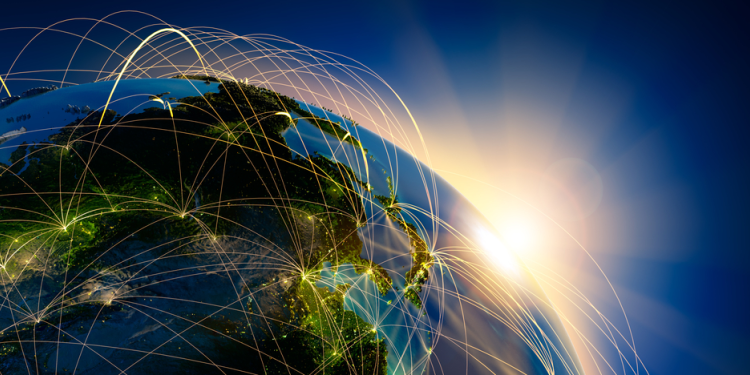
The world seems to have risen above the worst financial crisis in modern history, and we are benefiting from some of the highest living standards humanity has ever known. At the same time, we have access to unprecedented technological, scientific, and financial resources, which can give solutions to environmental, economic, geopolitical, and societal challenges. But how ready are governments, businesses, organisations, and people to recognise how interconnected we all are, collaborate and deal with problems at a global level?
The 5 most likely global risks

According to the latest Global Risks Report by the World Economic Forum, the top five global risks in terms of likelihood are extreme weather conditions, natural disasters, cyber attacks, data fraud or theft, and failure of climate change mitigation and adaptation. Three out of the five reported risks are in the environmental category, signifying the importance of being prepared to deal with far-reaching environmental challenges such as extreme weather conditions, accelerating biodiversity loss, and air, soil, and water pollution.
However, these risks aren't stand-alone; they are interconnected with other threats in the societal, economic, and geopolitical categories. For example, high temperatures can lead to catastrophic breakdowns in the food system and failure of climate change adaptation can spread infectious diseases and cause mass migration. In 2016, 76% of the 31.1 million displaced people left their homes due to weather-related events.
The 5 most impactful global risks

There are risks, some of which may still sound far-fetched, that if they occur, they will have a massive global impact. According to the World Economic Forum's report, these risks are weapons of mass destruction, extreme weather conditions, natural disasters, failure of climate change mitigation and adaptation, and water crisis. It's becoming a global trend for countries to focus internally to find solutions on global problems. However, the solution should be sought internationally, and be the result of discussion and collaboration.
What we have seen in the past ten years

When comparing this year's results with the results that the World Economic Forum produced ten years ago, when the report was first introduced, we see that the global risks have changed significantly both in terms of likelihood and impact. Economic (asset price collapse and Middle East instability), geopolitical (failed and failing states), and societal risks (chronic disease in the developed world) have now mainly been replaced by environmental. In the past 40 years, the populations of vertebrate species have declined by about 58% mainly due to human destruction of natural habitats for farming, mining, infrastructure development and oil and gas production. As this isn't alarming enough, almost 30 million hectares of trees were devastated in 2016 alone.
Cyber attacks, especially against businesses, are another common problem nowadays, which wasn't of a great concern several years ago. To be precise, attacks against corporations are twice as much as they used to be five years ago, and we are now prepared for the worst case scenarios, which once we used to see and read in science fiction books. Cyber attacks can cost a lot of money to businesses and can bring on the surface other risks such as data fraud, failure of financial institutions, and terrorist attacks. It is important to secure a wise and with good intentions use of technology, otherwise, the risks of large economic damages, geopolitical tensions, and widespread loss of trust in the internet are to be expected.



















